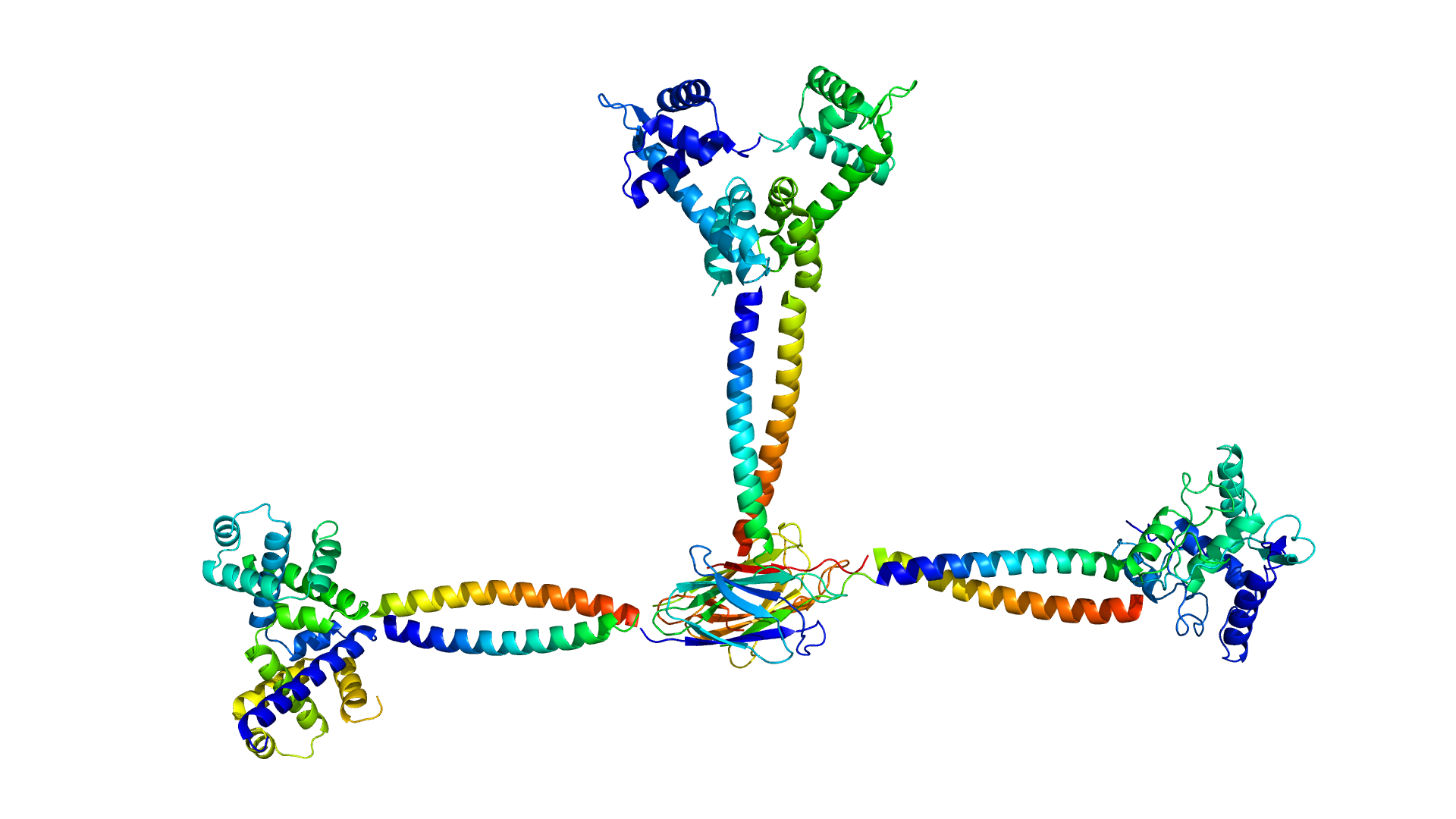ERC grant awarded to research project on protein motors
A new project that aims to build motors made of proteins has received a EUR 10 million ERC Synergy Grant, and will be coordinated by Lund University in Sweden.
– Published 5 November 2020

The 2016 Nobel Prize in Chemistry was awarded to researchers who developed molecular machines, that is, molecules that convert light into energy, or energy into motion. The model for these tiny machines is found in cell biology, where molecular motors are needed for are essential for all processes that together enable life. A major advantage with biological motors is that they are more energy efficient than conventional internal combustion engines.
At Lund University, Heiner Linke has worked on similar research. Among other things, he has built a parallel computer using molecular motors, that can correctly solve a combinatorial problem rapidly and energy-efficiently.
Article "Using nanotechnology to create parallel computers" on Lund University's website
In the new project, Heiner Linke instead wants to build biological molecular engines from scratch, to better understand how they work. Unlike the Nobel Prize winners, he and his team partners will use organic matter: proteins.
“The Nobel laureates used synthetic molecules. These molecules are more difficult to work with, but have greater potential to be scaled up and refined. We can certainly assume that there is a reason why evolution chose proteins as the main building block for life”, says Heiner Linke.
He will share the money with colleagues in Germany and Australia. Linke and his Australian colleague Paul Curmi began discussing the idea in Sydney, where Linke did his postdoc between 1998-2001.
“This is an old dream that we started working seriously on just over ten years ago, but we had a hard time finding joint funding for. It will be great fun to pick this back up”, says Heiner Linke.
The ultimate goal is to understand what happens when proteins generate movement from chemical fuel. In its natural environment, the cell, the energy is called ATP, but in a molecular motor the proteins are "fed" in a slightly different manner.
However, a well-known principle in physics is probably the same for all molecular motors: the ability to make use of the random movements of the molecules.
“We want to test our theoretical models by bringing them to life with proteins”, says Heiner Linke.
Solving this "holy grail" would increase chances of being able to design and build other proteins with other functions, such as new enzymes.
Whereas the project is basic research, potential applications include biocomputers and drug release. In addition to Heiner Linke and Paul Curmi, Birte Höcker, professor at the University of Bayreuth, is involved in the project.
